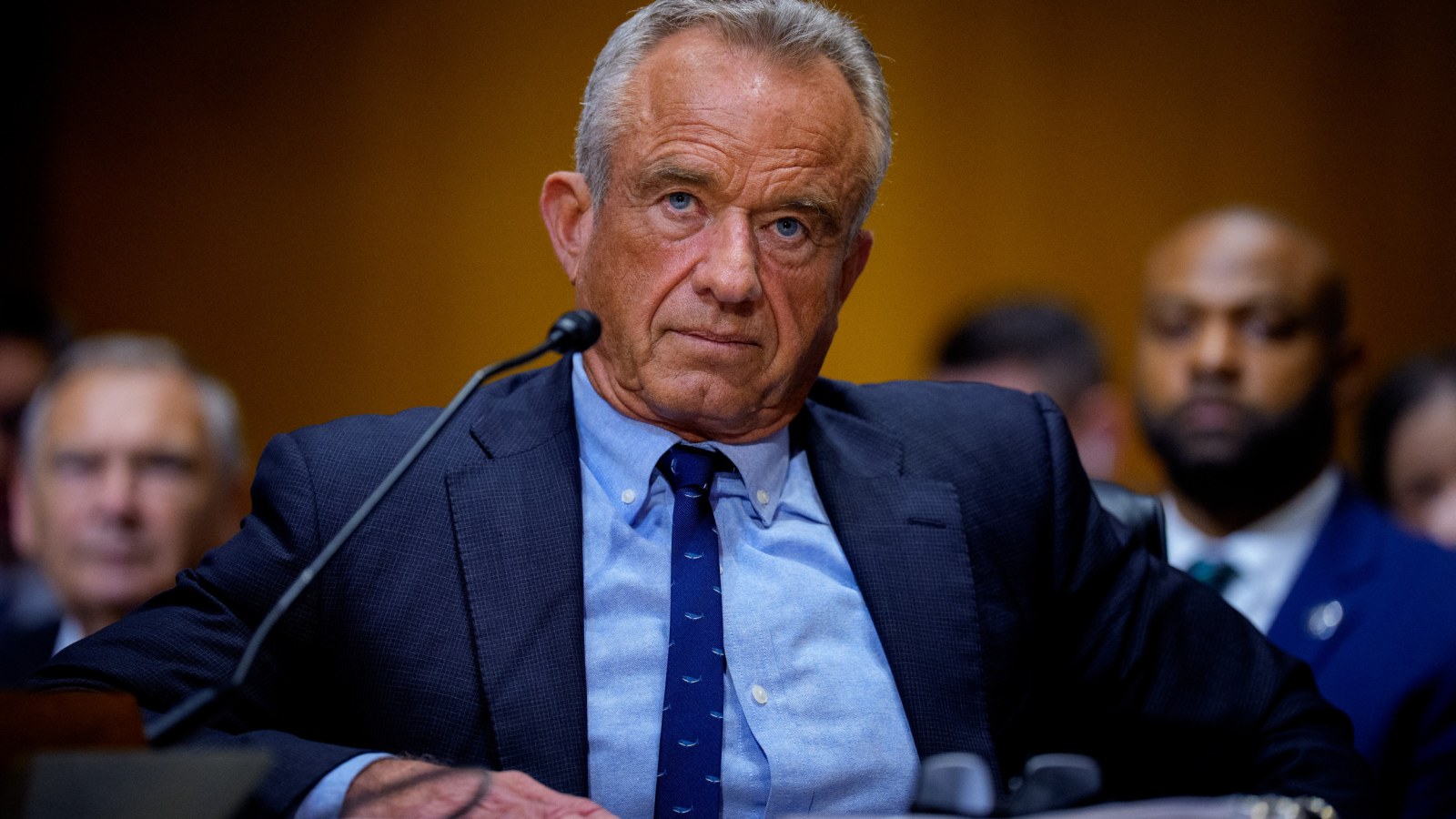By Suzanne Blake
Copyright newsweek

The Department of Health and Human Services has instructed all employees to use ChatGPT, according to recent reports from 404 Media and Gizmodo.Robert F Kennedy Jr, the new leader of the HHS, oversaw the agency’s new email to employees on Tuesday entitled “AI Deployment.”Why It MattersKennedy has received a wide range of backlash since taking on the job of HHS Secretary. More than 1,000 current and former employees of the HHS called for Kennedy to resign in an open letter earlier this month, citing several actions that continue “to endanger the nation’s health,” according to the letter.Artificial intelligence has grown in popularity, transforming workplaces, healthcare and education. However, experts say its use in a government healthcare setting could have longstanding implications for both workers and beneficiaries alike.What To KnowChatGPT will now be available to all workers at HHS, and its deployment will be overseen by HHS’s new CIO, former Palantir employee Clark Minor, according to the email.”Artificial intelligence is beginning to improve health care, business, and government,” the email, sent by deputy secretary Jim O’Neill, said. “Our department is committed to supporting and encouraging this transformation. In many offices around the world, the growing administrative burden of extensive emails and meetings can distract even highly motivated people from getting things done. We should all be vigilant against barriers that could slow our progress toward making America healthy again.”The email continued to say ChatGPT would be available to everyone in the department effective immediately.”Some operating divisions, such as FDA and ACF (Administration for Children and Families), have already benefitted from specific deployments of large language models to enhance their work, and now the rest of us can join them. This tool can help us promote rigorous science, radical transparency, and robust good health. As Secretary Kennedy said, ‘The AI revolution has arrived.'”Kennedy has criticized the HHS’s vaccine program and also fired thousands of staff since taking the helm of the agency.Many top Centers for Disease Control and Prevention staff members have also left their roles in protest of Kennedy’s policies, with the new director announced as O’Neill, who previously worked for conservative billionaire Peter Thiel.Newsweek reached out to the HHS for comment via email.What People Are SayingIn a September 3 letter, a group of current and former HHS employees wrote: “We warn the President, Congress, and the Public that Secretary Kennedy’s actions are compromising the health of this nation, and we demand Secretary Kennedy’s resignation.”HHS Communications Director Andrew Nixon previously said: “From his first day in office, [Kennedy] pledged to check his assumptions at the door—and he asked every HHS colleague to do the same. That commitment to evidence-based science is why, in just seven months, he and the HHS team have accomplished more than any health secretary in history in the fight to end the chronic disease epidemic and Make America Healthy Again.”Alex Beene, a financial literacy instructor for the University of Tennessee at Martin, told Newsweek: “Kennedy’s approach is similar to some other leadership in the new administration that are looking to advance customer service and inner-department communication by employing artificial intelligence. On the surface, this seems like a step forward and could boost the output of the agency. At the same point, skeptics are concerned this could lead to dramatic reduction in workforce and eventually take its toll on the services offered.Kevin Thompson, the CEO of 9i Capital Group and the host of the 9innings podcast, told Newsweek: “ChatGPT is only as good as the people supplying the input. If those providing the input don’t truly understand the information, the results can be misleading and even harmful. I’m deeply concerned about how this could impact services moving forward, especially if the people using ChatGPT don’t have a clear grasp of the very services they’re deploying.”What Happens NextBeene said it remains unclear how AI will affect the agency for better or worse, whether it increases efficiency or leads to lower quality services and job cuts.”Ultimately, it will be up to HHS to demonstrate AI is net positive through better, more reliable service and hopefully not sacrificing many roles the department currently has,” Beene said.



